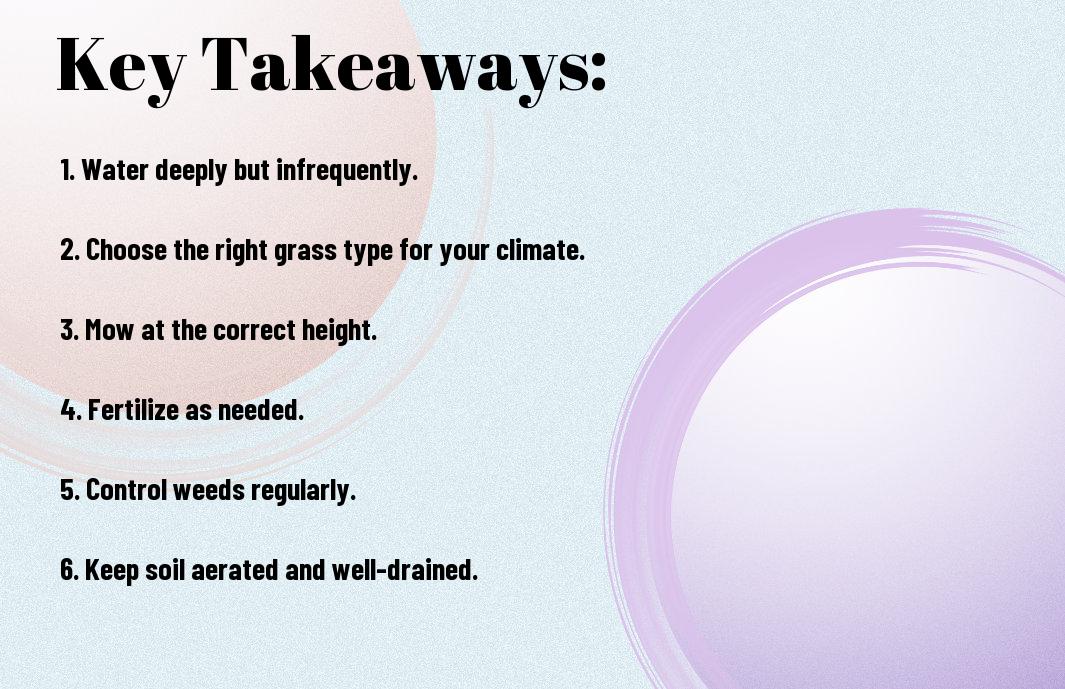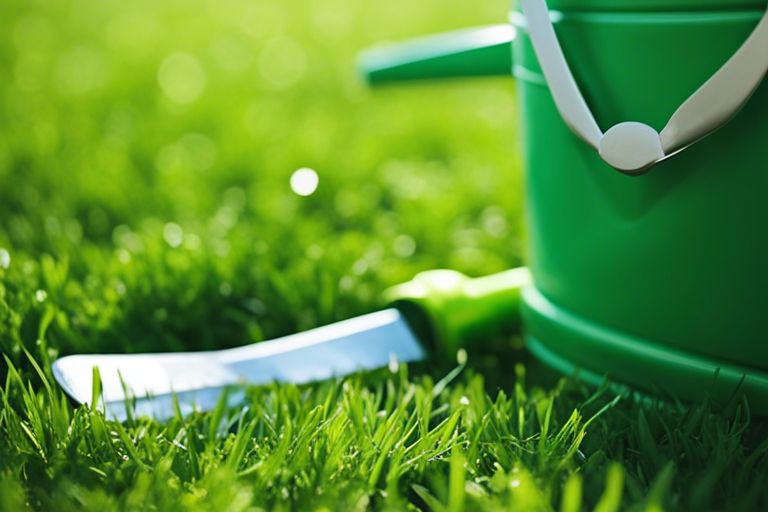
2024 Upgraded Solar Animal Repellent,Cat Repellent Outdoor Ultrasonic Control, Squirrel Deer Repellent Deterrent Motion Detection with IP66 Waterproof, for Dog Mouse Raccoon Skunk, Garden Farm Yard
$46.99 (as of December 22, 2024 22:10 GMT +00:00 - More infoProduct prices and availability are accurate as of the date/time indicated and are subject to change. Any price and availability information displayed on [relevant Amazon Site(s), as applicable] at the time of purchase will apply to the purchase of this product.)Nacome Solar Cat Outdoor Statues for Garden: Outside Decor with Butterfly Clearance for Yard Art Lawn Ornaments Porch Patio Balcony Home House - Birthday Gifts for Grandma Mom Women
$31.98 (as of December 21, 2024 23:12 GMT +00:00 - More infoProduct prices and availability are accurate as of the date/time indicated and are subject to change. Any price and availability information displayed on [relevant Amazon Site(s), as applicable] at the time of purchase will apply to the purchase of this product.)Feeke Mouse Traps, Mice Traps for House, Small Mice Trap Indoor Quick Effective Sanitary Safe Mousetrap Catcher for Family and Pet - 6 Pack, (M01-6Pack)
$10.78 (as of December 21, 2024 23:12 GMT +00:00 - More infoProduct prices and availability are accurate as of the date/time indicated and are subject to change. Any price and availability information displayed on [relevant Amazon Site(s), as applicable] at the time of purchase will apply to the purchase of this product.)OUTREE Kids Pod Swing Seat Cotton Child Hammock Chair for Indoor and Outdoor use (Blue)
$39.99 (as of December 22, 2024 22:10 GMT +00:00 - More infoProduct prices and availability are accurate as of the date/time indicated and are subject to change. Any price and availability information displayed on [relevant Amazon Site(s), as applicable] at the time of purchase will apply to the purchase of this product.)HEINPRO Cordless Leaf Blower Compatible with Dewalt 20V Max Battery Up to 200MPH Small Electric Leaf Blower, 3 Speeds Mode, Battery Powered Mini Leaf Blowers for Patio (No Battery and Charger)
$37.99 (as of December 21, 2024 22:08 GMT +00:00 - More infoProduct prices and availability are accurate as of the date/time indicated and are subject to change. Any price and availability information displayed on [relevant Amazon Site(s), as applicable] at the time of purchase will apply to the purchase of this product.)You take pride in your lush, green lawn – but keeping it that way requires some effort. If you want to ensure your grass stays vibrant and healthy throughout the year, there are a few simple steps you can follow to achieve that picture-perfect lawn you desire. By incorporating proper watering techniques, regular feeding, and proactive pest control measures, you can maintain a green and healthy lawn that will be the envy of your neighborhood. Let’s explore some effective tips and tricks to help you achieve and maintain a beautiful, green lawn.
Key Takeaways:
- Mow at the correct height: Keep your grass at the recommended height for your specific grass type to promote strong root growth and prevent stress.
- Water deeply but infrequently: Water your lawn deeply once or twice a week to encourage deep root growth and drought tolerance.
- Fertilize regularly: Use a balanced fertilizer to provide crucial nutrients to your grass and keep it healthy and green.

Soil Health and Preparation
Some of the most critical factors in maintaining a healthy and vibrant lawn begin with the state of your soil. Proper soil health and preparation are vital for ensuring that your grass gets the nutrients and support it needs to thrive.
Testing and Amending Soil
To ensure that your soil has the proper balance of nutrients, conducting a soil test is imperative. This simple step can provide valuable insights into the pH levels, nutrient content, and overall health of your soil. Based on the results of the test, you can then amend the soil by adding fertilizers, lime, or other organic materials to optimize its nutrient profile and support healthy grass growth.
Regularly testing and amending your soil can make a significant difference in the health and appearance of your lawn. By taking proactive steps to address any deficiencies or imbalances in the soil, you can create an environment where your grass can thrive and maintain its lush green color.
Aerating and Dethatching
Testing soil is imperative for assessing its overall health, but aerating and dethatching are equally important practices for maintaining a healthy lawn. Aerating involves perforating the soil with small holes to allow air, water, and nutrients to penetrate the grassroots, promoting healthier growth. Dethatching, on the other hand, involves removing the layer of dead organic material that can accumulate on the soil’s surface, preventing proper airflow and water absorption.
The process of aerating and dethatching should be done regularly to prevent compaction and promote better nutrient absorption by the grass roots. These practices help create an optimal environment for your grass to grow deep, strong roots and develop into a thick, lush lawn.
Grass Selection and Maintenance
Once again, maintaining a green and healthy lawn starts with the right grass selection and proper maintenance practices. By choosing the right grass type for your region and following best practices for mowing and watering, you can ensure a vibrant and lush lawn all year round.
Choosing the Right Grass Type
Selection of the appropriate grass type is critical for the overall health and appearance of your lawn. Factors such as climate, soil type, and sun exposure should all be taken into consideration when choosing the right grass variety. Cool-season grasses like Kentucky bluegrass and fescue are ideal for northern regions, while warm-season grasses such as Bermuda and Zoysia thrive in southern climates.
It’s necessary to do your research and consult with local gardening experts to determine the best grass type for your specific area. By selecting the right grass variety, you’ll be setting your lawn up for success from the start.
Mowing and Watering Best Practices
One of the most crucial aspects of maintaining a healthy lawn is proper mowing and watering practices. Mowing your grass at the correct height and frequency promotes healthy growth and discourages weeds. Different grass types have specific mowing requirements, so be sure to adjust your mower accordingly.
Watering is equally important for a green lawn. Deep, infrequent watering encourages deep root growth and drought resistance. It’s best to water your lawn in the early morning to minimize evaporation and fungal growth. Be sure to water thoroughly but avoid overwatering, as this can lead to issues like root rot.
Any deviation from these best practices can result in a weak and unhealthy lawn. By choosing the right grass type and following proper maintenance techniques, you can enjoy a vibrant and lush lawn that enhances the beauty of your outdoor space.
Fertilizing and Weed Control
Now, let’s investigate the imperative steps of fertilizing and weed control to ensure your grass stays green and healthy throughout the year.
Selecting the Right Fertilizer
Right fertilization is crucial for maintaining a lush and vibrant lawn. When identifying the right fertilizer, consider factors such as the grass type, soil condition, and the time of year. Look for a balanced fertilizer that contains imperative nutrients like nitrogen, phosphorus, and potassium. It’s also important to choose a slow-release fertilizer to provide a steady supply of nutrients to your grass over time.
Before applying any fertilizer, it’s recommended to conduct a soil test to determine the specific needs of your lawn. This will help you customize the fertilizer application based on the deficiencies in your soil, ensuring optimal growth and health of your grass.
Effective Weed Management Strategies
Fertilizing alone is not enough to maintain a healthy lawn; effective weed control is equally important. Weeds compete with your grass for imperative nutrients, water, and sunlight, hindering its growth. Implementing proactive weed management strategies is key to keeping your lawn weed-free.
Weed control methods include regular mowing to prevent weed seed formation, proper watering to promote strong grass roots that can outcompete weeds, and manual removal of weeds when they appear. In cases of severe weed infestations, consider using targeted herbicides to eliminate weeds without harming your grass.
Seasonal Lawn Care
Not sure how to keep your grass green all year round? Check out What is the best way to keep grass green the entire year? on Quora for more expert advice on maintaining a lush lawn regardless of the season.
Spring and Summer Care
The key to a healthy lawn in the warmer months is regular watering and mowing. Make sure to water your grass deeply but infrequently to encourage deep root growth. Mow your lawn at the highest setting on your mower to promote healthier grass that can better withstand the summer heat. Fertilize your lawn in the spring to help it green up and then again in the summer to keep it healthy throughout the growing season.
Fall and Winter Maintenance
Spring isn’t the only time to care for your lawn. In the fall, continue to mow your grass as needed until it stops growing. Remove fallen leaves promptly to prevent them from smothering the grass. Aerate your lawn in the fall to improve soil drainage and allow air, water, and nutrients to reach the roots. In the winter, avoid walking on frozen grass to prevent damage, and refrain from using salt to melt ice as it can harm your lawn.
It’s important to remember that proper lawn care is a year-round commitment. By following these seasonal maintenance tips, you can ensure that your grass stays green and healthy no matter the time of year.
Troubleshooting Common Lawn Issues
Unlike other landscaping challenges, lawn issues can be quite frustrating to deal with. From pests and diseases to bare patches and yellowing grass, a healthy lawn can quickly turn into a headache if not properly cared for. In this chapter, we will discuss common lawn problems and provide practical solutions to keep your grass green and healthy.
Identifying and Addressing Pests and Diseases
One of the first steps in troubleshooting lawn problems is identifying any pests or diseases that may be plaguing your grass. Keep an eye out for signs of damage such as chewed leaves, yellowing patches, or fungal growth. Common lawn pests include grubs, chinch bugs, and armyworms, while diseases like brown patch and dollar spot can also wreak havoc on your lawn.
Once you have identified the culprit behind your lawn troubles, it is important to address the issue promptly. Depending on the specific pest or disease, treatment options may include applying insecticides, fungicides, or organic remedies. Regularly inspecting your lawn and taking proactive measures can help prevent pests and diseases from causing further damage.
Repairing Bare Patches and Yellowing Grass
An effective way to combat bare patches and yellowing grass is by overseeding and fertilizing your lawn. Overseeding helps fill in thin or bare areas in your lawn, promoting healthy growth and density. Choose a high-quality grass seed that is suitable for your region and grass type, and be sure to water regularly to encourage germination.
Troubleshooting bare patches and yellowing grass may also require addressing underlying issues such as compacted soil, poor drainage, or inadequate sunlight. Aeration, dethatching, and adjusting your mowing practices can help improve the health of your lawn and promote lush, green growth.
Troubleshooting lawn issues requires patience and diligence, but with the right approach, you can restore your grass to its former glory. By identifying and addressing pests and diseases promptly, as well as repairing bare patches and yellowing grass through overseeding and proper lawn care practices, you can enjoy a vibrant and healthy lawn year-round.

Advanced Lawn Care Techniques
For those looking to take their lawn care to the next level, there are advanced techniques that can help ensure your grass remains green and healthy year-round. By incorporating these strategies into your lawn care routine, you can achieve professional-level results that will make your neighbors green with envy.
-
Technique Description Overseeding Introducing new grass seed to thicken and improve the overall health of your lawn. Topdressing Applying a thin layer of soil and compost to enhance soil quality and promote grass growth. Aeration Creating small holes in the soil to allow for better air, water, and nutrient penetration.
Organic and Eco-Friendly Options
With a growing emphasis on sustainability and environmental consciousness, many homeowners are turning to organic and eco-friendly lawn care options. By choosing natural solutions such as organic fertilizers, compost, and natural pest control methods, you can maintain a lush and healthy lawn without harming the environment.
Another eco-friendly option is incorporating drought-resistant grass species that require less water and maintenance, reducing your carbon footprint and water usage in the process.
Innovative Tools and Technologies
Any serious lawn care enthusiast knows the value of innovative tools and technologies in achieving a pristine lawn. From robotic mowers that automatically trim your grass to smart irrigation systems that adjust watering schedules based on weather conditions, these tools can revolutionize the way you care for your lawn.
This chapter will explore the latest advancements in lawn care technology, providing you with insights on how to leverage these tools to elevate your lawn care routine.
Conclusion
As a reminder, maintaining green and healthy grass doesn’t have to be a complicated task. By following these simple steps such as proper watering, regular mowing, fertilizing, and addressing any issues promptly, you can keep your lawn looking its best. Remember that consistency is key when it comes to caring for your grass, and taking a proactive approach will help prevent common lawn care problems. With these guidelines, you can enjoy a lush, vibrant lawn that enhances the curb appeal of your home.










